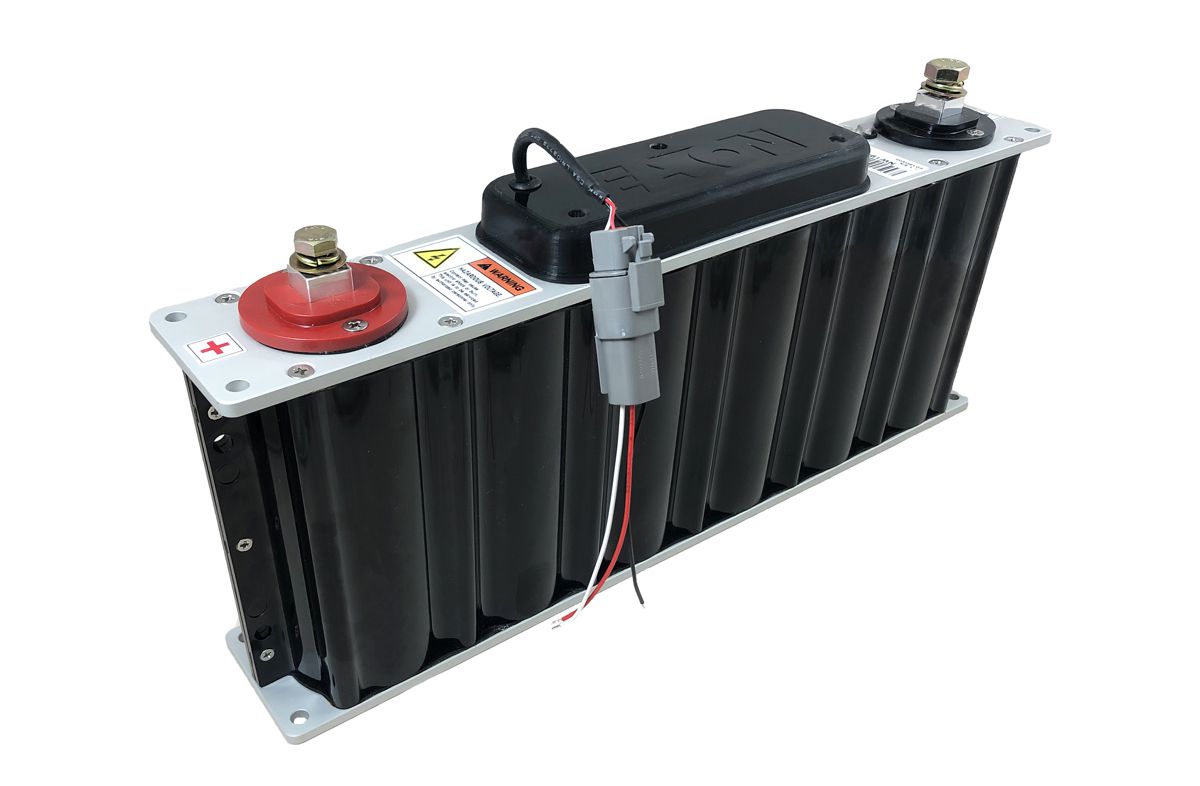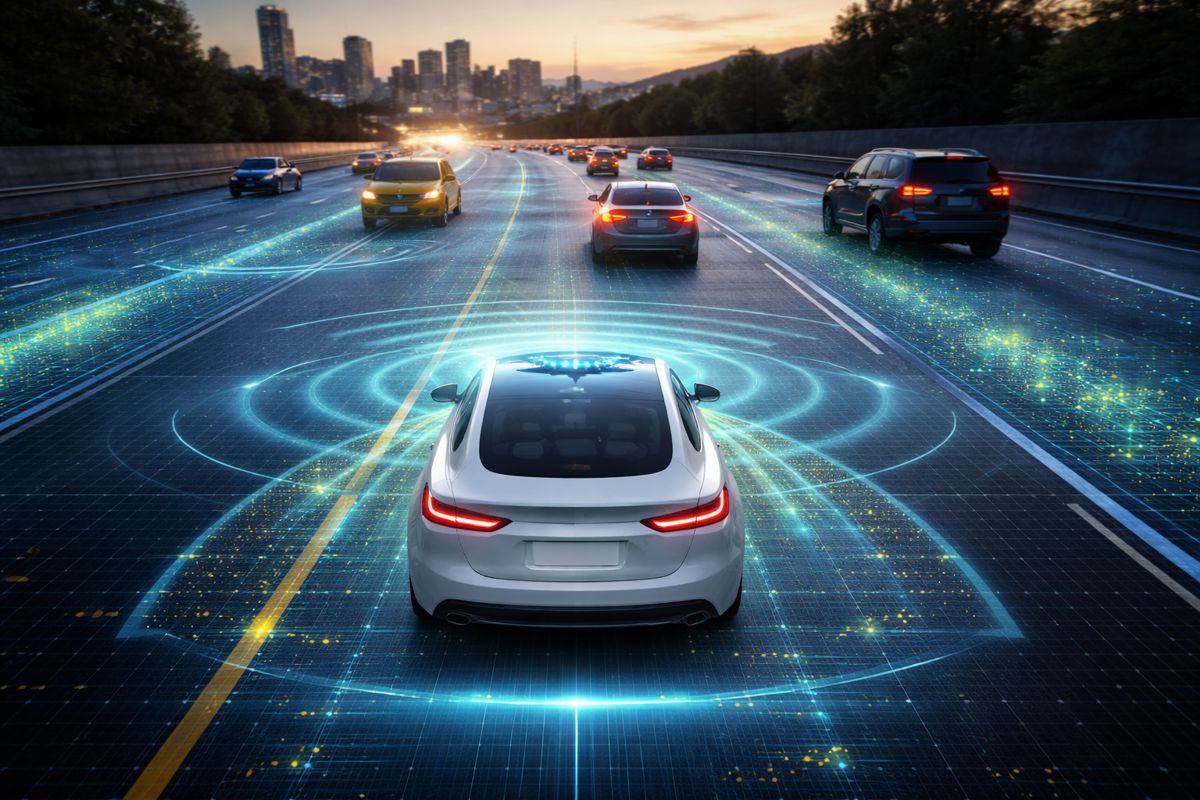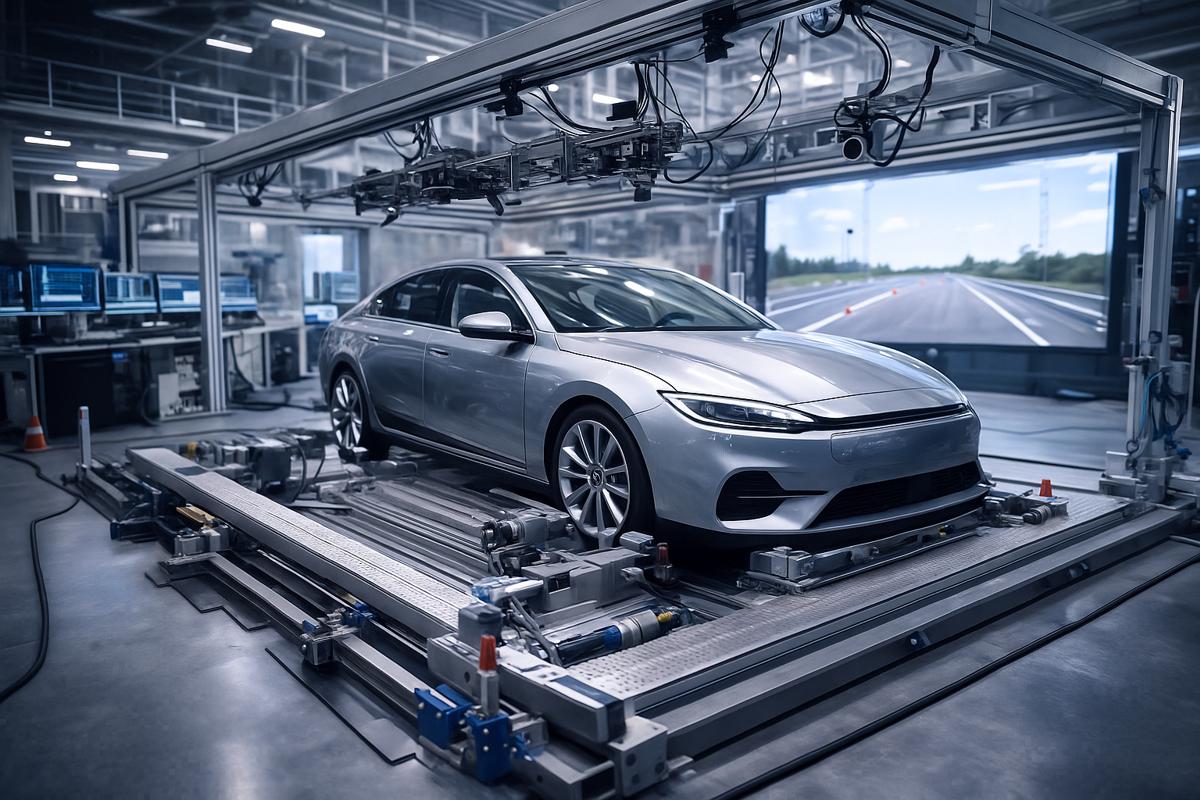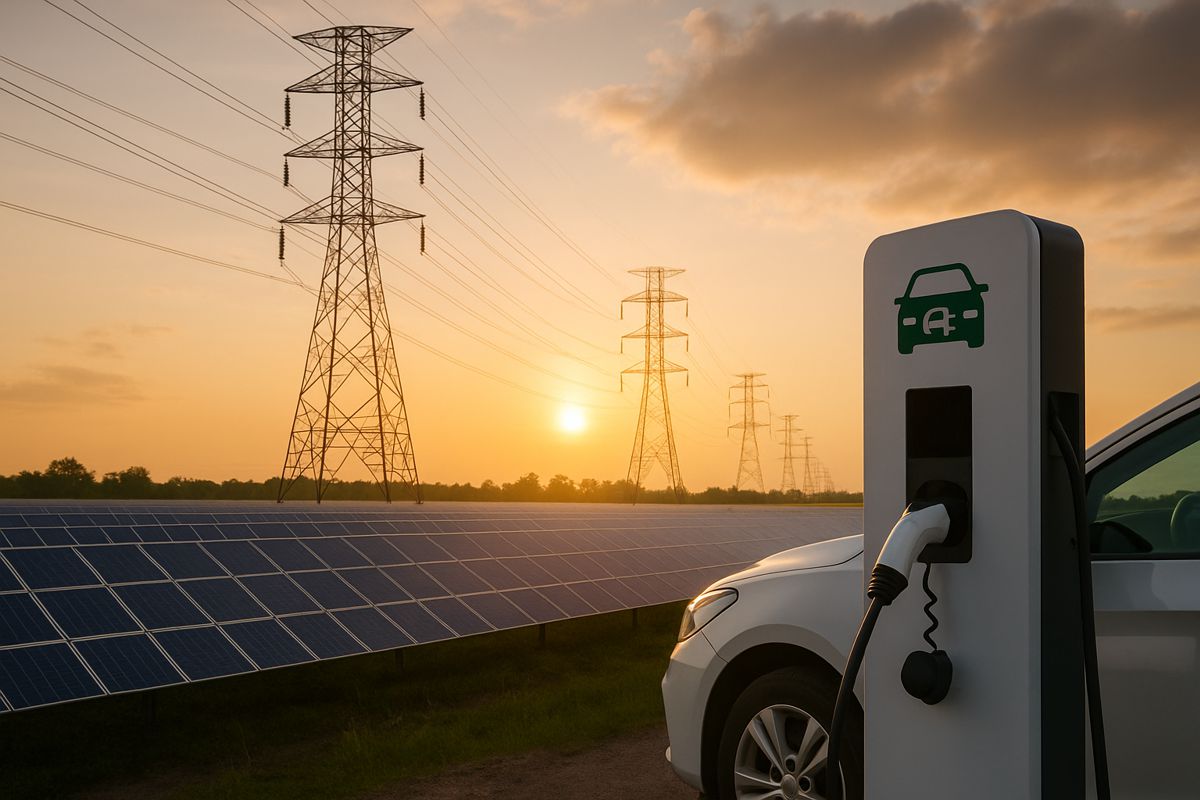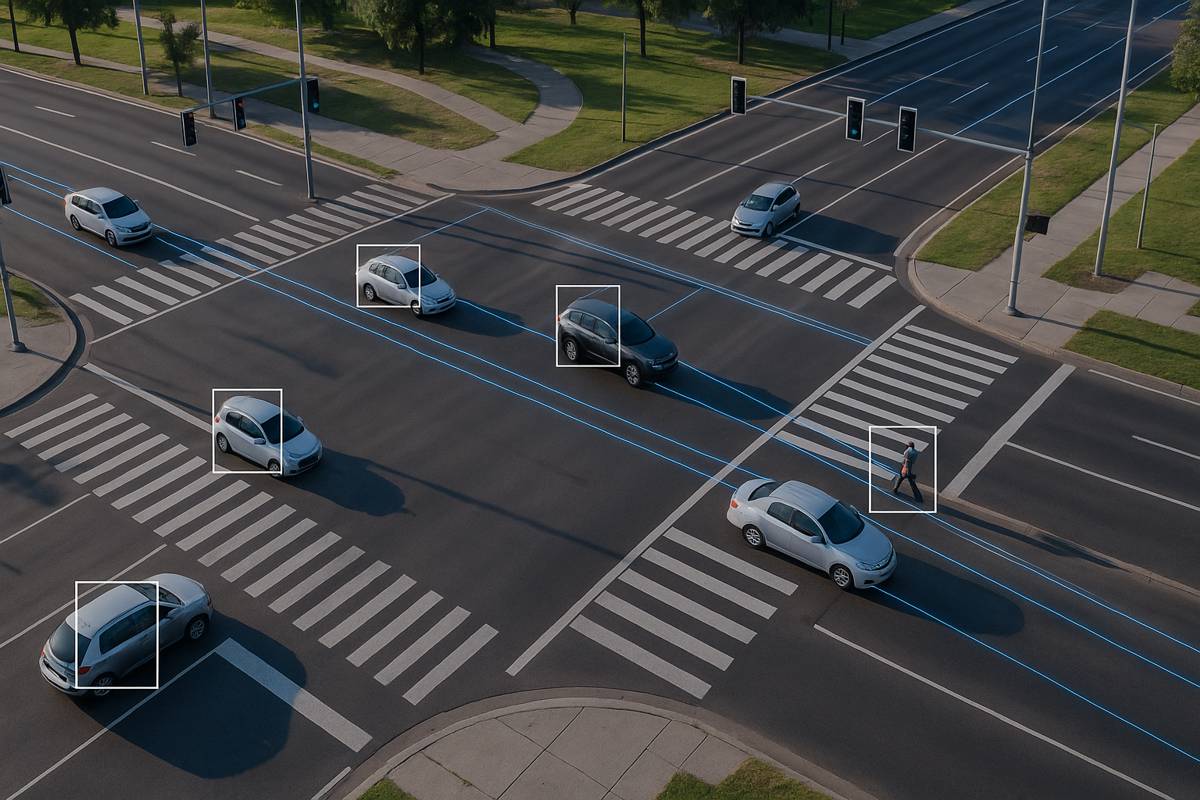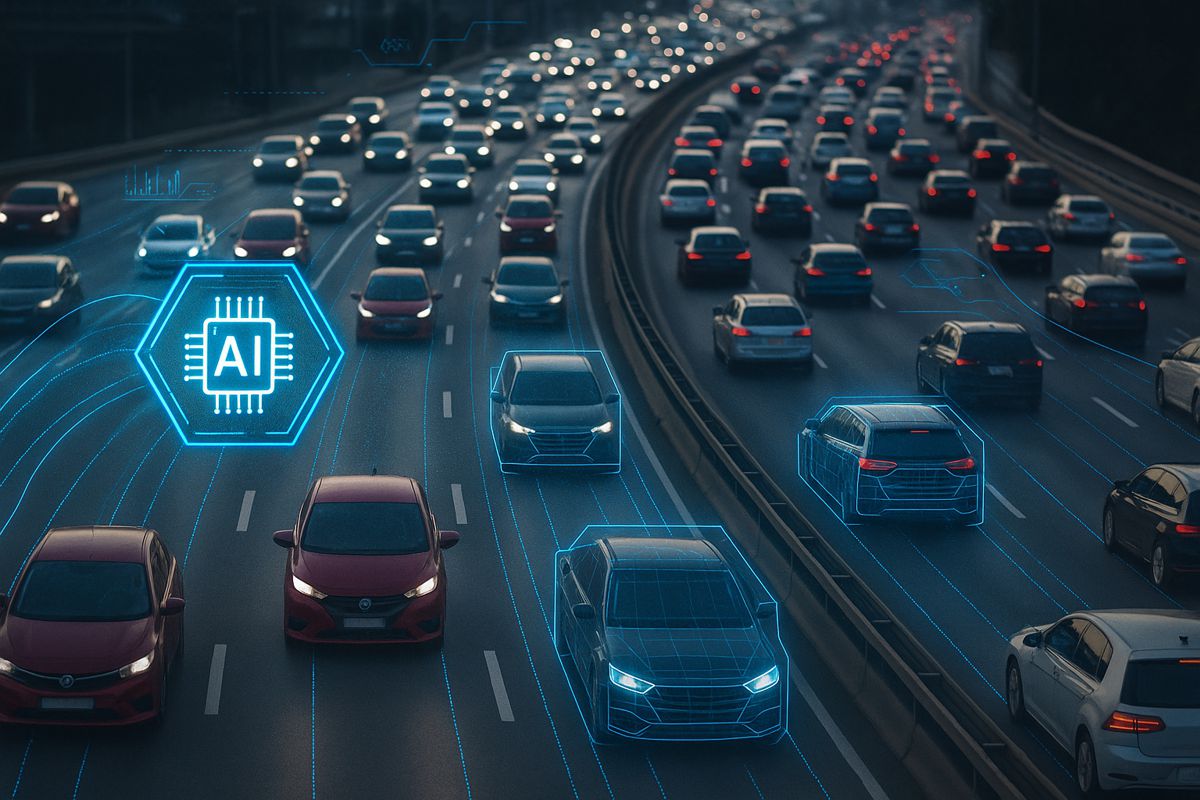Eaton 48 volt technology help manufacturers meet global emission regulations
Power management company Eaton today announced its Vehicle Group has developed a series of 48-volt technologies to assist its global on- and off-highway commercial vehicle customers transitioning from traditional 12- and 24-volt vehicle systems to systems that include 48-volt architecture.
These 48-volt systems can power new, advanced energy-consuming components and can help reduce emissions and improve fuel economy and performance.
“This development comes as global vehicle manufacturers are making decisions to adopt new technologies to meet emissions regulations,” said Ben Karrer, manager, Technology Development, Eaton’s Vehicle Group. “Of the options available, 48-volt architectures are becoming more popular because they can decrease both CO2 and NOx simultaneously, which helps both our customers and the environment.”
Most vehicles have traditionally operated with a 12-volt system, but with tightening fuel economy regulations and new, advanced power-consuming components being added, increasing power needs are driving the move toward 48-volt systems.
Reduce mechanical loads and CO2 by powering systems with 48-volt architecture
Many vehicle systems today are powered directly from mechanical power generated by the engine, which runs 12-volt systems such as air conditioning and pumps. Eaton is developing 48-volt systems that include motor generators and inverters that generate 48-volt DC power for the vehicle.
Eaton also produces 48-volt DC/DC converters that step power down from 48-volt vehicle architectures to power 12- and 24-volt systems.
48-volt system can heat aftertreatment catalyst to reduce NOx emissions
Collectively, new emissions regulations will reduce tailpipe NOx limits by up to 90%, accelerating the need for global engine manufacturers to employ additional emissions reduction strategies.
Eaton’s Vehicle Group is also developing power electronics for 48-volt electric catalyst heating, which provides heat directly to the vehicle’s aftertreatment system. This active heating helps catalyst components reach efficient operating temperatures faster upon engine start and maintain those temperatures during low load operation. This will be an essential strategy for reducing emissions to the levels required by future regulations.
“Forty-eight-volt power will also be used to power systems such as HVAC and the engine cooling fan, which are traditionally run by the engine,” said Karrer. “Today’s systems are not intelligent—you can’t control when they’re on or off or adjust the levels. Converting those components to electric alternatives allows you to intelligently control them and eliminate mechanical loads.”
Electrified cooling offers multiple environmental, efficiency improvements
An electrical engine cooling fan and electric air conditioning compressor are also under development. Electrifying the cooling fan provides additional benefits, as it could be reduced in size and strategically placed within the engine bay, allowing for aerodynamic design flexibility to increase fuel economy and reduce emissions.
Supercapacitors, lead-acid batteries for 48-volt system power storage
Eaton’s Vehicle Group is developing a wide range of 48-volt energy storage solutions, including lead-acid batteries and supercapacitors.
“We’re integrating various energy storage technologies into a larger storage pack including controls, fusing, and contactors,” said Karrer. “Eaton’s Electrical Components Group is our partner for supercapacitors, and we will be working with most commercial vehicle battery manufacturers for lead-acid batteries.”
Lead-acid batteries are inexpensive compared to lithium-ion packs and offer a safe and more efficient solution, with a longer lifespan when compared to existing lead-acid battery applications.
Supercapacitors are able to quickly charge and discharge at higher rates than lithium-ion batteries. While the size and weight are comparable to lithium-ion packs, supercapacitors don’t retain high levels of energy in comparison or require a liquid cooling system, and they have a longer cycle life.
